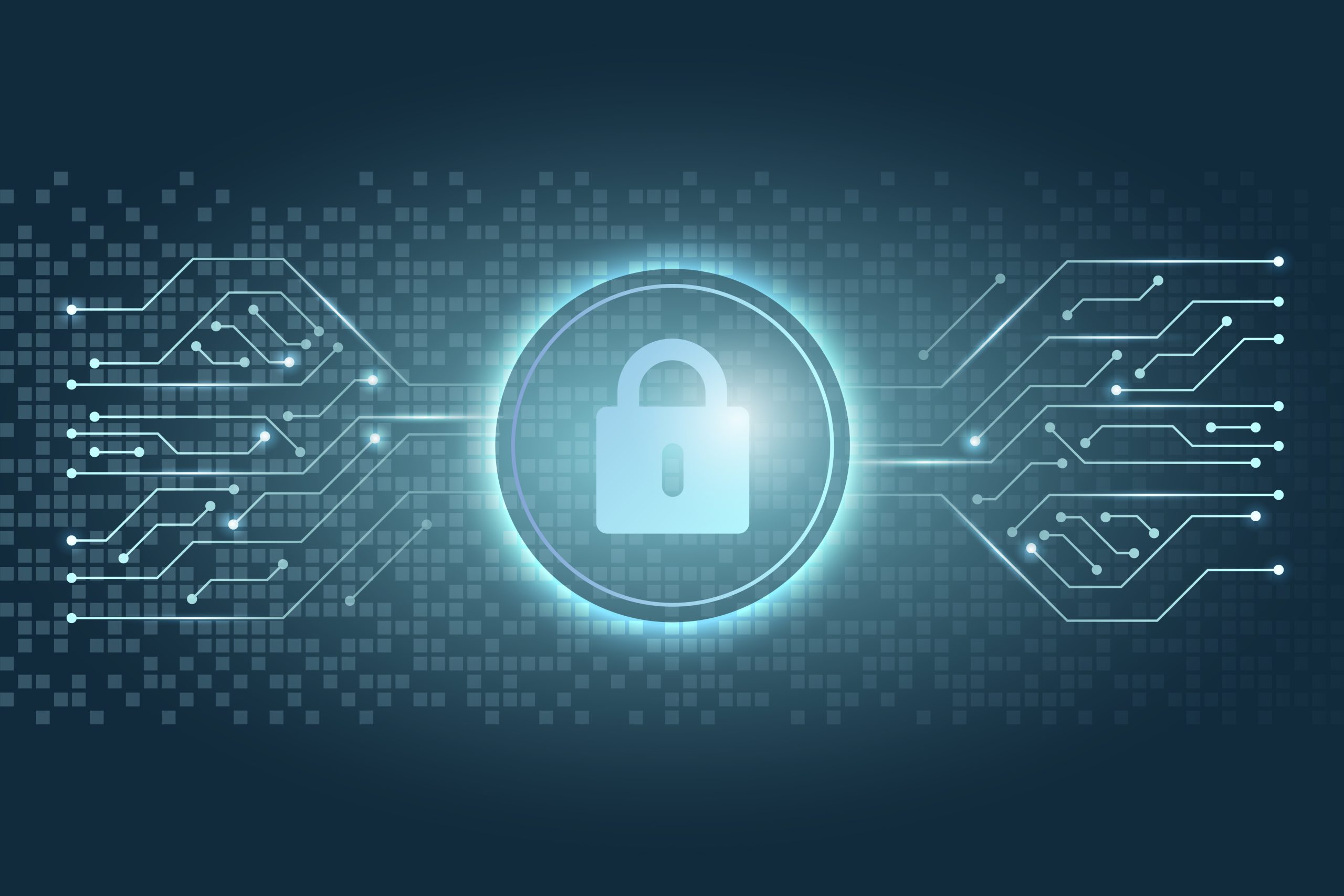Introduction
Quantum computing is poised to revolutionize the world of technology. With its unprecedented computational power, it promises to solve complex problems far beyond the capabilities of classical computers. As this revolutionary technology advances, its implications for cyber-security on a global scale are profound. This blog explores how quantum computing will impact the future of cyber-security worldwide, the challenges and opportunities it presents, and the steps nations and organizations must take to prepare for this transformative shift.
Understanding Quantum Computing
Quantum computing leverages the principles of quantum mechanics to process information in fundamentally different ways compared to classical computing. Unlike classical bits, which can be either 0 or 1, quantum bits (qubits) can exist in multiple states simultaneously. This capability allows quantum computers to perform complex calculations at speeds unimaginable with current technology. However, this power also poses significant challenges to global cyber-security.
The Threat to Current Encryption Standards
1. Vulnerability of Traditional Encryption:
- Breaking RSA and ECC: Most of today’s encryption methods, such as RSA and Elliptic Curve Cryptography (ECC), rely on the difficulty of factoring large prime numbers and solving discrete logarithms. Quantum computers can solve these problems exponentially faster using algorithms like Shor’s algorithm.
- Global Data Security Risks: The ability to break widely-used encryption standards threatens the security of data worldwide, impacting everything from financial transactions and government communications to personal data and intellectual property.
Developing Quantum-Resistant Cryptography
1. The Need for Post-Quantum Cryptography:
- Research and Development: Governments and organizations globally are investing in developing quantum-resistant cryptographic algorithms to safeguard data against future quantum attacks.
- International Collaboration: Collaborative efforts among nations are crucial to develop and standardize quantum-resistant algorithms, ensuring a unified approach to global cyber-security.
2. Adoption and Implementation:
- Transitioning to Quantum-Resistant Protocols: The transition to quantum-resistant cryptographic protocols requires significant investment and coordination. It involves updating existing systems and infrastructure to support new cryptographic standards.
- Global Standards and Regulations: Establishing international standards and regulations for quantum-resistant cryptography is essential to ensure consistent and effective implementation across borders.
Enhancing Global Cyber-Security Measures
1. Strengthening Cyber Defense Mechanisms:
- Advanced Threat Detection: Quantum computing can enhance cyber-defense mechanisms by improving threat detection capabilities through advanced machine learning and AI models.
- Real-Time Response: The processing power of quantum computers enables real-time responses to cyber threats, reducing the window of vulnerability and minimizing potential damage.
2. Secure Communication Channels:
- Quantum Key Distribution (QKD): QKD uses the principles of quantum mechanics to securely distribute encryption keys. This technology ensures that any attempt to intercept or eavesdrop on the key exchange will be detected, providing an additional layer of security for global communications.
Economic and Geopolitical Implications
1. Economic Impact:
- Investment in Quantum Technologies: The race to develop quantum computing capabilities has led to substantial investments by governments and private enterprises. These investments are crucial for maintaining economic competitiveness in the global market.
- New Cyber-Security Industries: The emergence of quantum computing is creating new industries and job opportunities focused on developing and implementing quantum-resistant security solutions.
2. Geopolitical Considerations:
- Global Power Dynamics: The nations that achieve significant advancements in quantum computing technology will gain a strategic advantage, potentially reshaping global power dynamics.
- International Collaboration and Competition: While collaboration is essential for standardizing quantum-resistant cryptography, the competitive nature of quantum research could lead to geopolitical tensions.
Preparing for the Quantum Era
1. Education and Awareness:
- Training Cyber-Security Professionals: Preparing the next generation of cyber-security professionals with knowledge of quantum computing and its implications is vital for future-proofing global cyber-security.
- Public Awareness Campaigns: Educating the public about the potential risks and benefits of quantum computing helps foster a culture of security awareness.
2. Policy and Regulation:
- Government Policies: Governments must develop policies that promote research and development in quantum computing while ensuring robust cyber-security measures.
- International Agreements: Establishing international agreements on the ethical use and regulation of quantum computing technology is crucial for maintaining global security.
Conclusion
Quantum computing represents a significant leap forward in technology, with the potential to transform various fields, including cyber-security. As nations and organizations worldwide grapple with the challenges and opportunities presented by this technology, collaboration, investment, and innovation will be key to securing the digital future. By understanding the global impact of quantum computing on cyber-security and taking proactive measures, we can build a resilient and secure digital landscape for generations to come.

